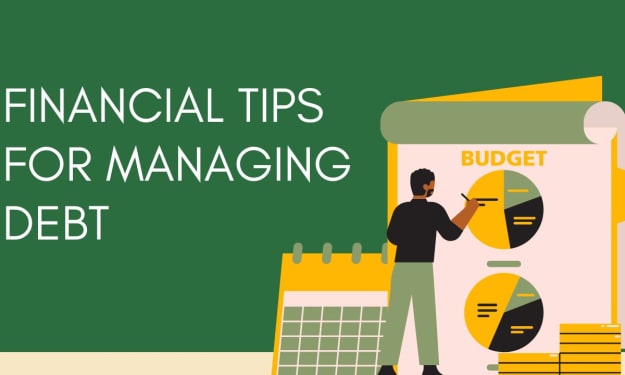Ten Simple Tips to Help You Feel Less Anxious
Practical advice for managing and reducing anxiety in everyday life.

Ten Simple Tips to Help You Feel Less Anxious
Most advice on reducing anxiety only works short-term and can make it worse in the long run. For example:
• Distraction: It helps in the moment but teaches your brain that anxiety is a threat, leading to more anxiety next time.
• Deep breathing: It's useful as an exercise, but using it to stop anxiety can make you feel ashamed of your anxiety, making it worse over time.
Anxiety is a prevalent problem that impacts numerous individuals, influencing their everyday lives and general welfare. Effectively managing anxiety is essential for preserving mental health, enhancing quality of life, and boosting productivity. The "10 Easy Strategies to Reduce Anxiety" offer practical and convenient approaches to dealing with anxiety in a constructive way. These strategies promote positive behavioral adjustments, strengthen mental resilience, and provide sustainable solutions rather than temporary fixes. By integrating these strategies into their daily schedules, individuals can cultivate healthier coping mechanisms, enhance emotional regulation, and nurture a sense of control over their anxiety, resulting in a more balanced and rewarding life.
If you want to reduce chronic anxiety for good, try these tips:
1. Stop labeling yourself as anxious: The way you think influences how you feel. If you keep calling yourself "anxious" or "a worrier," you'll keep feeling that way. Choose kinder, more balanced self-talk.
2. Ask for what you want: People with chronic anxiety often avoid asking for what they really want due to fear of reactions or admitting their desires. Being more assertive can help reduce anxiety.
3. Avoid engaging with worries: Everyone has worries, but you don't need to let them consume your thoughts. Instead of dwelling on your worries, practice observing them from a distance. When a worry comes to mind, acknowledge it without getting caught up in it. For example, you might say to yourself, "I notice that I'm feeling worried about this," and then gently shift your focus back to the present moment. By doing this regularly, you can train your mind to recognize worries without becoming entangled in them.
4. Tolerate anxiety instead of coping: Trying to avoid anxiety with coping skills makes it worse in the long run. Accept and tolerate your anxiety instead. To be free from anxiety, you must be willing to feel it.
5. Say no more often: Chronic anxiety can stem from poor boundaries. Saying no more often can help address the root cause of your anxiety.
6. Exercise regularly: Exercise has many benefits, including reducing anxiety. It also improves sleep quality, which helps manage anxiety and worry better.
7. Stop seeking meaning in everything: Constantly trying to find meaning in everything increases fear of uncertainty, leading to more anxiety. Accept uncertainty instead of trying to control it.
8. Limit caffeine and sugar intake: High levels of caffeine and sugar can increase anxiety and jitteriness. Opt for a balanced diet with plenty of fruits, vegetables, and whole grains to help stabilize your mood and energy levels.
9. Practice mindfulness and meditation: Mindfulness and meditation can help you stay present and reduce anxiety. Even just a few minutes a day of focused breathing or mindful observation can make a big difference in calming your mind.
10. Connect with others: Social support is crucial for mental health. Spend time with friends and family, join a support group, or talk to a therapist. Sharing your feelings and experiences with others can provide relief and new perspectives on managing anxiety.
Applying the "10 Simple Tips to Help You Feel Less Anxious" can result in notable enhancements in handling anxiety. These easy and direct techniques enable you to manage your mental well-being and strengthen your resistance to stress. By incorporating these tips into your everyday schedule, you may encounter decreased anxiety, enhanced emotional health, and a more harmonious life. Keep in mind that anxiety management is a process, and steady, small actions can have a significant impact. Begin your journey today towards a calmer, more tranquil self.
About the Creator
Aurora
Welcome to my site, a place for inspiration and discovery of fresh knowledge. Whether you're looking for groundbreaking ideas, practical advice, or simply a little inspiration, you've come to the right place.
Enjoyed the story? Support the Creator.
Subscribe for free to receive all their stories in your feed. You could also pledge your support or give them a one-off tip, letting them know you appreciate their work.





Comments
There are no comments for this story
Be the first to respond and start the conversation.